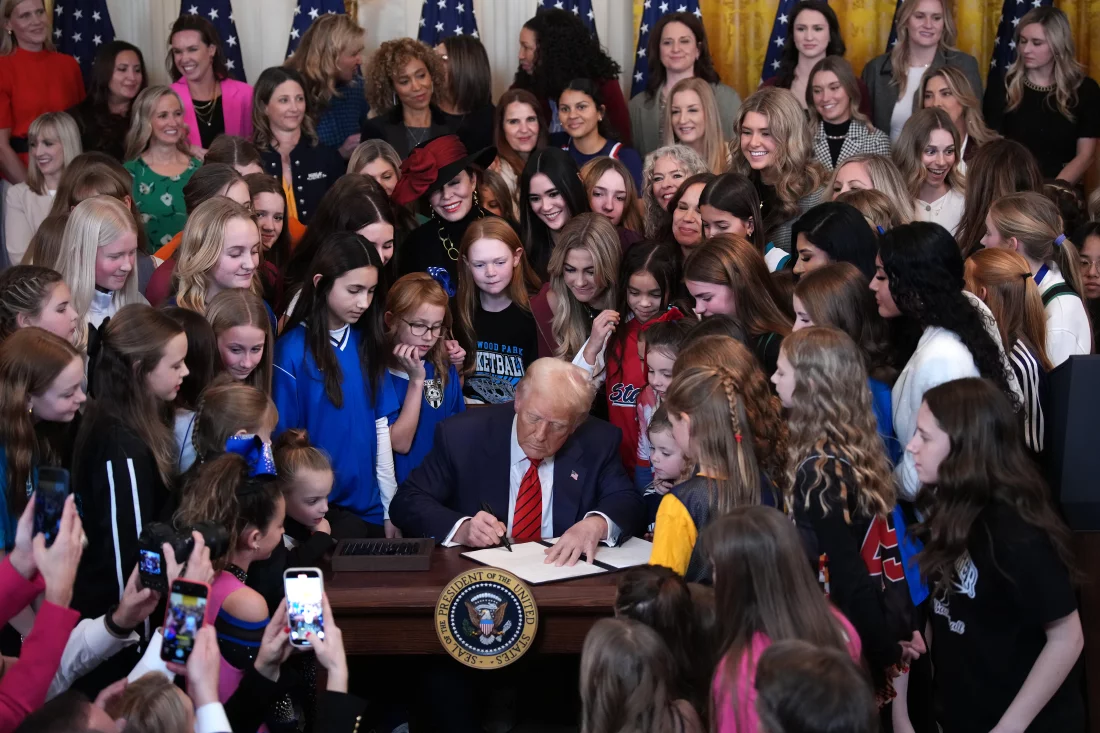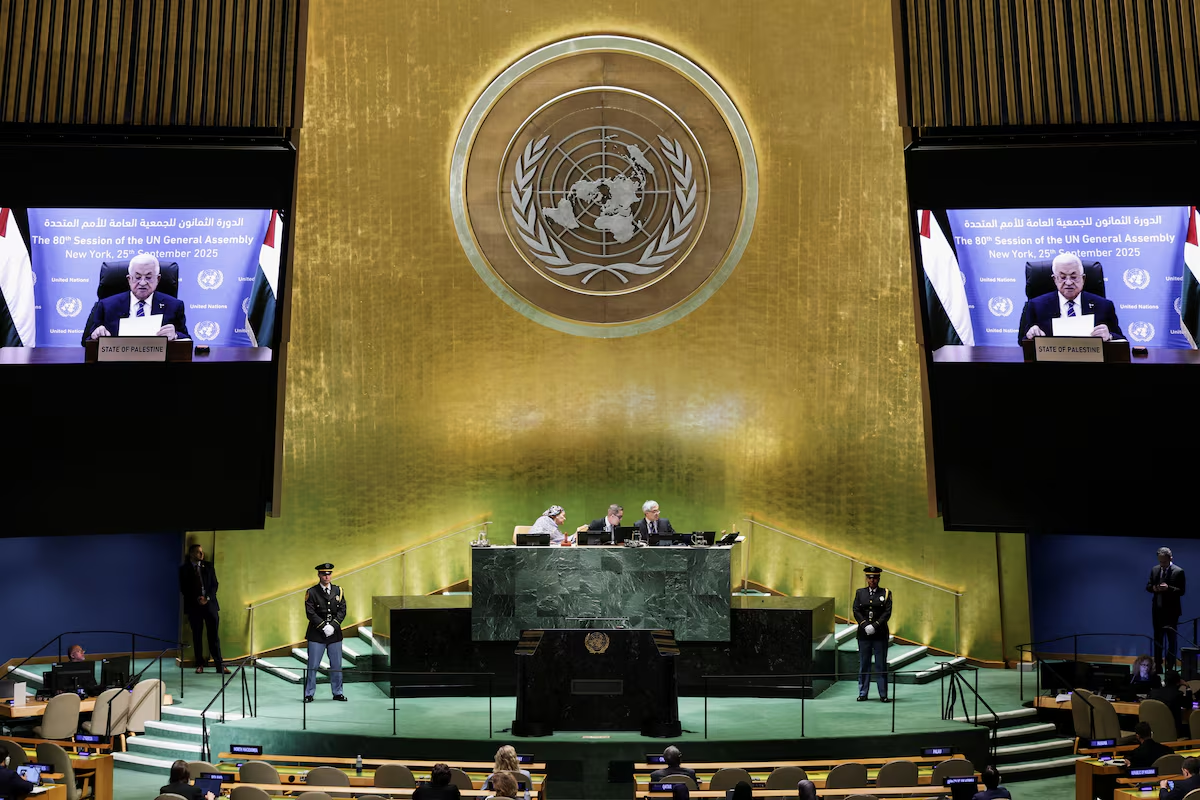On Feb. 5, 2025, President Trump signed an executive order to ban trans women from competing in women’s sports at the collegiate level. Amidst a confusing slew of different state and federal regulations, this order aims to flatten out any concerns that transgender athletes — specifically trans women — have an innate biological advantage against athletes born female.
The executive order, titled “Keeping Men Out of Women’s Sports,” contains definitive language as to what constitutes male and female athletes. The Trump administration continually cited Tennessee v. Cardona (2024) in the order.
“As some Federal courts have recognized, ‘ignoring fundamental biological truths between the two sexes deprives women and girls of meaningful access to educational facilities,’” according to the White House website.
The Trump administration opens up potential retaliation by rescinding title IX funding to schools who do not comply with the order.
“Therefore, it is the policy of the United States to rescind all funds from educational programs that deprive women and girls of fair athletic opportunities, which results in the endangerment, humiliation, and silencing of women and girls and deprives them of privacy. It shall also be the policy of the United States to oppose male competitive participation in women’s sports more broadly, as a matter of safety, fairness, dignity, and truth,” the order states.
After the order was issued, the NCAA changed their already existing policy in regards to transgender athletes to adhere to the recently signed order. Their updated policy addressed both male and female sports teams and aimed to answer the Trump administration’s concerns.
“A student-athlete assigned male at birth may not compete on a women’s team,” according to the NCAA’s website.
The NCAA specifically uses three key words in regard to playing sports: practicing, competing and participating. According to the NCAA, all student-athletes assigned male at birth cannot compete on a women’s team, however, these student-athletes can still practice with the women’s team in accordance with their gender-identity.
The current policy also applies to student athletes assigned female at birth who identify as trans. They can practice with whichever team they want, however, what is different is that if trans-men who are on hormone-therapy compete with the women’s team they are barred from national championship eligibility.
“A student-athlete assigned female at birth who has begun hormone therapy (e.g., testosterone) may not compete on a women’s team. If such competition occurs, the team is subject to NCAA mixed-team legislation, and the team will no longer be eligible for NCAA women’s championships,” according to the NCAA’s website.
Both the Trump administration and the NCAA give unclear information about what will or should happen with trans-men who compete with men’s sports teams. The executive order put out by The White House does have any mention of trans-men or language that includes them. The NCAA simply states that, “Regardless of sex assigned at birth or gender identity, a student-athlete may participate (practice and compete) with a men’s team, assuming they meet all other NCAA eligibility requirements.”
The scrutiny that trans-athletes are facing by the current administration and the Republican party at-large has drawn mixed-reactions from all sides of the political aisle. Some, including Josh Hawley (R-Mo.) and John Kennedy (R-La.) grilled the current NCAA president, Charlie Baker, in a congressional hearing in December for their — now former — trans-athlete policy. According to Baker, there are “less than 10” trans student-athletes in the NCAA.
“From now on, women’s sports will be only for women,” Trump said after signing the order last Wednesday.














